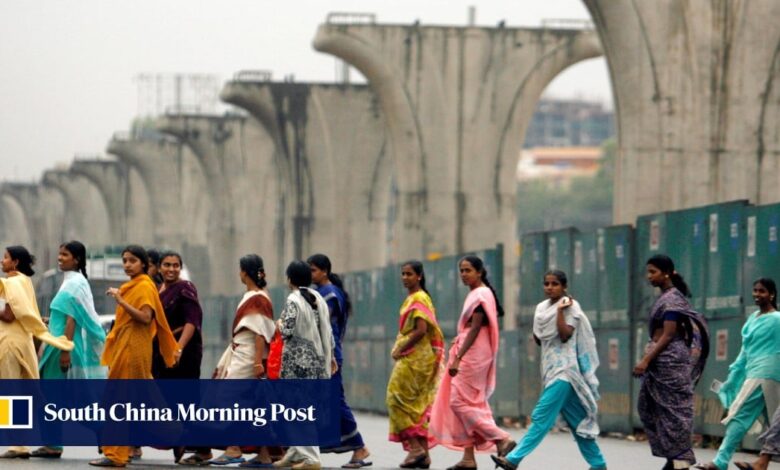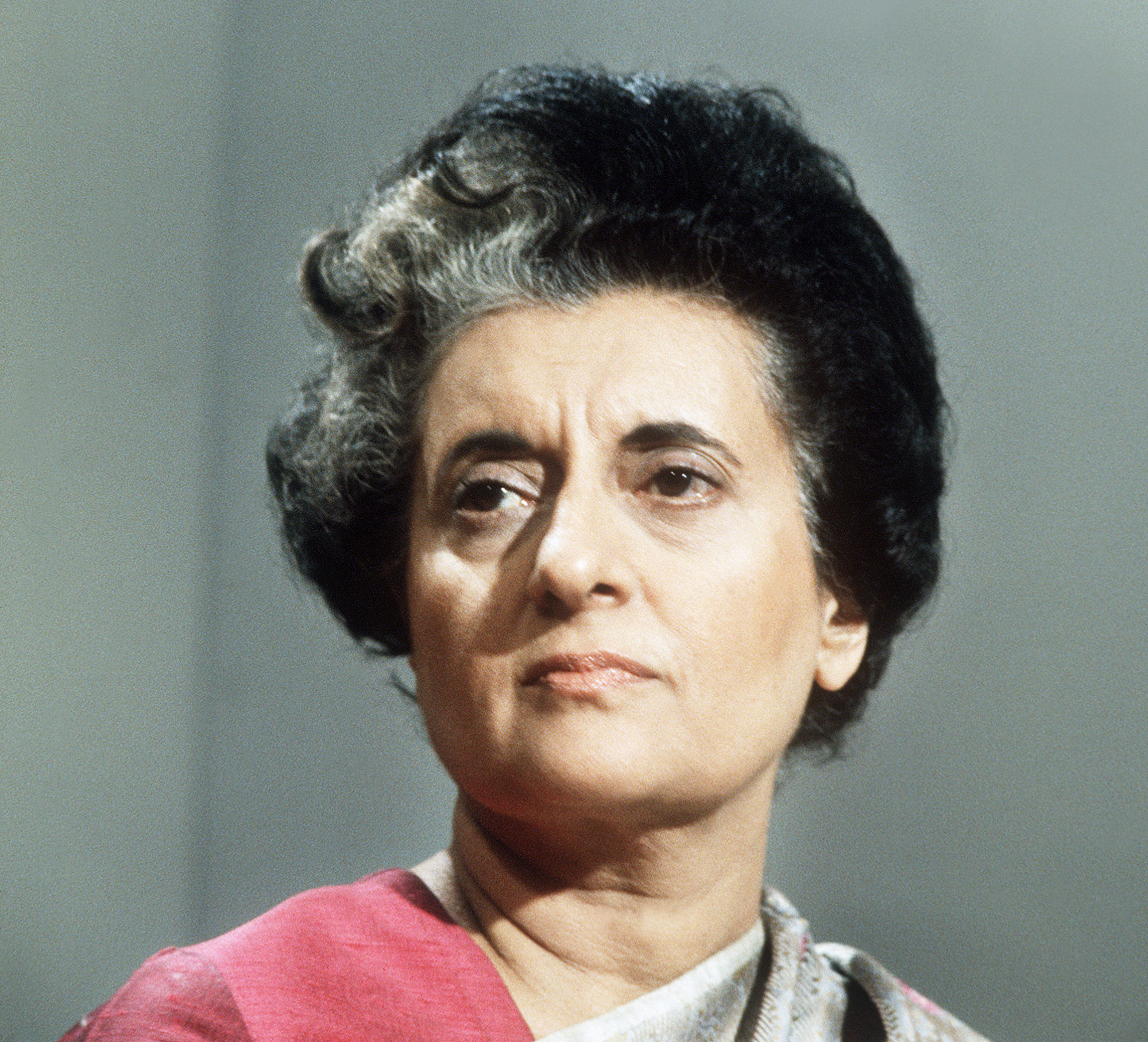India parliament passes ‘defining’ bill to reserve a third of seats for women

[ad_1]
India’s upper house of parliament has passed a bill that reserves a third of seats in the national and state legislatures for women, a move hailed by Prime Minister Narendra Modi as a “defining moment”.
The measure, which may not take effect for years yet, nevertheless has been decades in the making and comes as India seeks to rectify a broad underrepresentation of women in public life.
The vote on Thursday came one day after the country’s directly-elected lower house also passed the bill.
“The motion is adopted by a majority of total membership of the house,” Vice-President Jagdeep Dhankhar, who is also the chair of the upper house, said in the parliament chambers late Thursday during an extraordinary session.
India to pass bill for women to account for a third of lawmakers
India to pass bill for women to account for a third of lawmakers
All the 215 members present voted for the measure brought by Modi’s government.
“A defining moment in our nation’s democratic journey!” Modi said in a post on X, formerly known as Twitter, soon after.
Six earlier attempts to pass the bill stalled in the decades since it was first introduced in 1996, with sometimes vehement resistance from lawmakers.
But this time the proposal had gathered support across most political parties.
India has seen women leaders – such as Prime Minister Indira Gandhi, who took office in 1966 as only the second woman in the world to lead a parliamentary democracy.
Nearly half of India’s 950 million registered voters are women but their participation in politics has remained historically low.

Just 104 of India’s 788 MPs were women after the last national election, according to government figures – a little over 13 per cent.
Those figures reflect a broader underrepresentation of women in Indian public life. Just under a third of working-age Indian women were in the formal labour force last year, according to government data.
The quota will take effect only once India redraws its electoral boundaries after the mammoth undertaking of a census for its 1.4 billion people – the last one, due in 2021, was postponed indefinitely because of the coronavirus pandemic.
That means it may not be in place until at least the end of the decade.
Additional reporting by Reuters
[ad_2]
Source link




